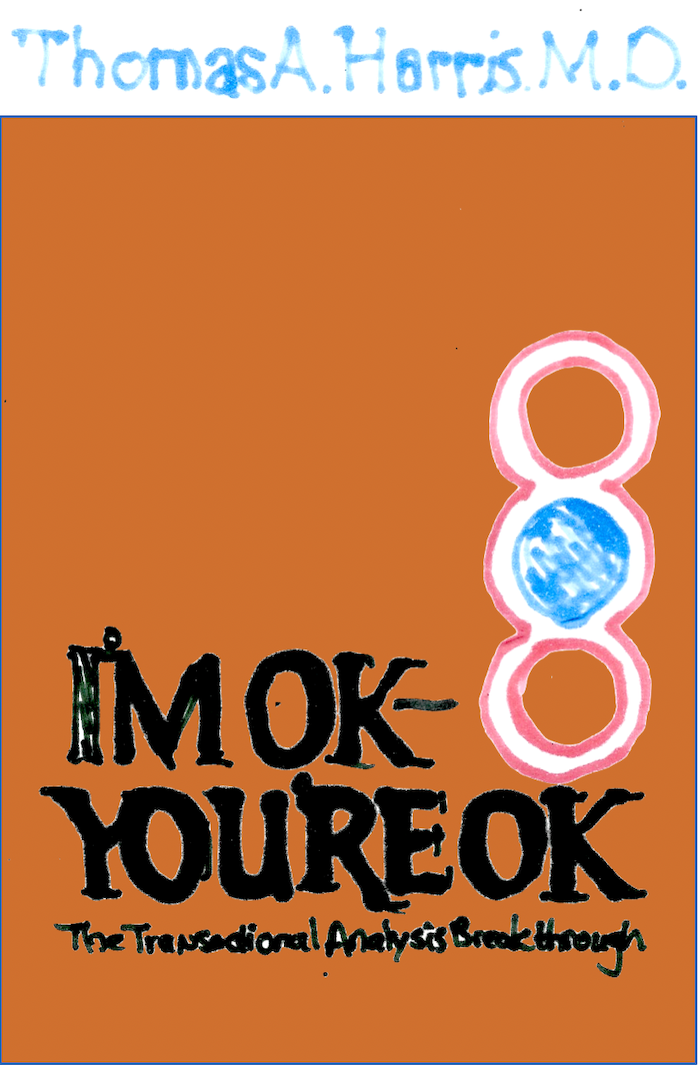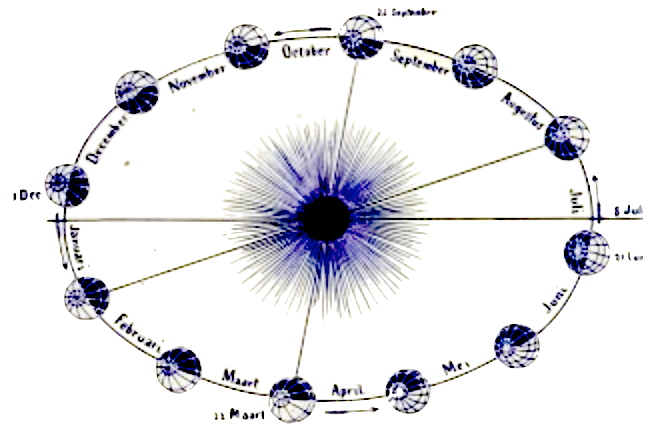Parental Messages
Transactionnel Analysis (TA)
Parenting messages are drivers (commandments) and injunctions (prohibitions)
Which of the driver and injunctions do you recognize? To what extent has it shaped you? If you asked someone else, who knows you well, to “choose” appropriate drivers and injunctions for you. Which one would this person select?
Another example of a script is a decision you made as a child, in response to your parent’s behavior or a particular event. For example, if your parents lose income and go from rich to poor, a child may decide that this will never happen to him or her. Often these scripts are a counter-reaction against parental behavior.
Drivers
- Be perfect
- Be strong
- Do your best
- Do the other person a favor
- Hurry up
Injunctions
- Don’t exist (Were you an unwanted child?).
- Don’t be a child
- Don’t cry
- Don’t be playful, … act grown up
- Don’t feel / don’t feel what you feel, but feel what I feel
- Don’t be important
- Don’t be yourself
- Don’t belong
- Don’t get close
- Don’t grow up
- Don’t be healthy
- Don’t succeed
- Don’t think/be stupid
- Don’t do anything
Transactional Analysis (TA) is a psychological theory developed by Eric Berne that examines the dynamics of human communication. It assumes that people function in three different “ego states”: the Parent, the Child and the Adult. These states influence how we interact with others and how we understand ourselves. TA helps people understand their behaviors and patterns so they can develop healthier and more effective relationships. (AI)
I’m OK You’re OK – Thomas A. Harris

The book “I’m OK, You’re OK” emphasizes the importance of understanding and changing these roles to promote self-awareness and personal growth. Harris also discusses how people can develop healthier interactions by recognizing and changing dysfunctional patterns. Ultimately, the book encourages people to shift from a “child” mindset to an “adult” perspective, leading to greater emotional well-being and more authentic relationships. (AI)
